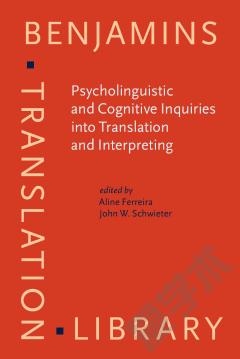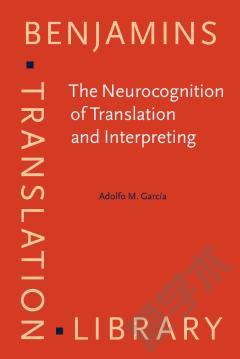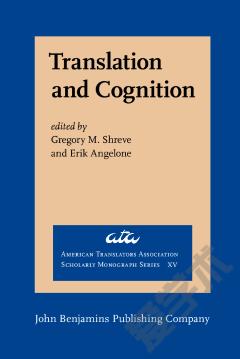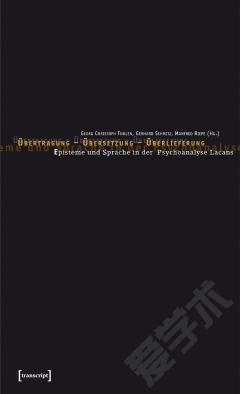Psycholinguistic and Cognitive Inquiries into Translation and Interpreting.
Psycholinguistic and Cognitive Inquiries into Translation and Interpreting presents perspectives and original studies that aim to diversify traditional approaches in translation and interpreting research and improve the quality and generalizability of the field. The volume is divided into two parts: Part I includes an introductory discussion on the input of psycholinguistics and cognitive science to translation and interpreting along with two state-of-the-art chapters that discuss valid experimental designs while critically reviewing and building on existing work. Part II subsequently presents original studies which explore the performance of expert and novice translators using a variety of methodologies such as eye tracking, keystroke logging, retrospective protocols, and post-editing machine translation. It also presents contributions for exploratory studies on interpreting and for testing several constructs such as language competence and the role of expertise, redundancy, and working memory capacity. This volume is intended to act as a valuable reference for scholars, practitioners, translators, graduate and advanced undergraduate students, and anyone wishing to gain an overview of current issues in translation and interpreting from psycholinguistic and cognitive domains.
{{comment.content}}








 京公网安备 11010802027623号
京公网安备 11010802027623号